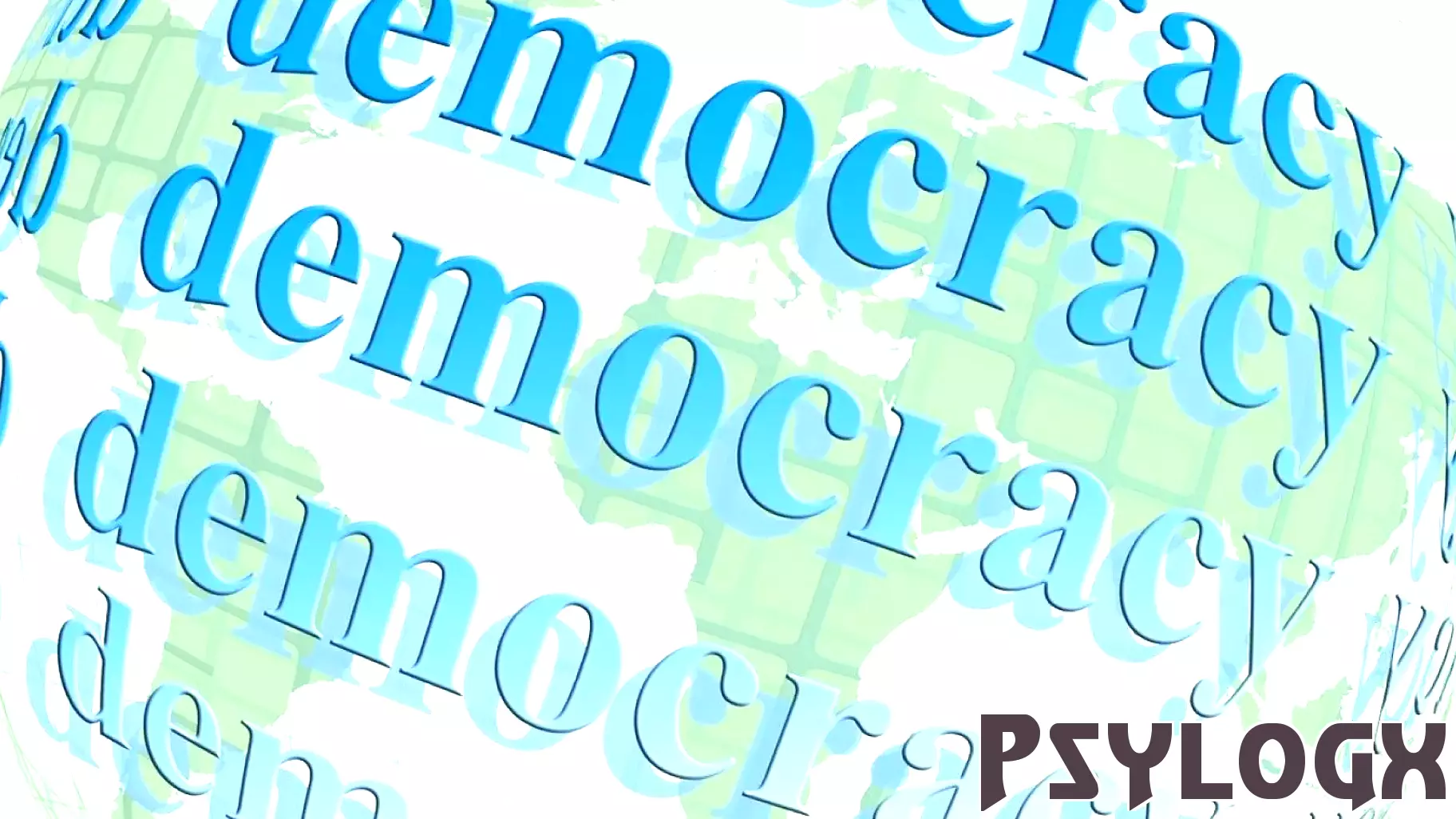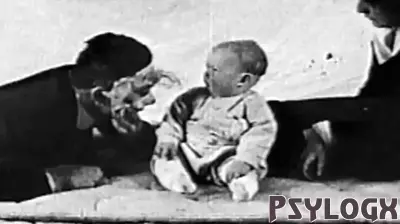February 3, 2025 - 23:06

False consensus effects create a skewed perception of social agreement, significantly influencing democratic processes. This cognitive bias leads individuals to believe that their opinions and beliefs are more widely shared than they actually are. As a result, people may overestimate the level of agreement within their communities, fostering an environment where dissenting views are marginalized.
Despite increasing awareness of diverse perspectives in society, the false consensus effect persists, complicating the landscape of public opinion. This phenomenon can lead to polarization, as individuals retreat into echo chambers where their beliefs go unchallenged. In turn, this can hinder constructive dialogue and compromise, essential components of a healthy democracy.
Moreover, the false consensus effect can distort electoral outcomes. Voters may feel emboldened to support candidates or policies they perceive as universally accepted, inadvertently sidelining minority viewpoints. As democracy relies on the representation of diverse voices, understanding and addressing the implications of false consensus effects is crucial for fostering a more inclusive political environment.



